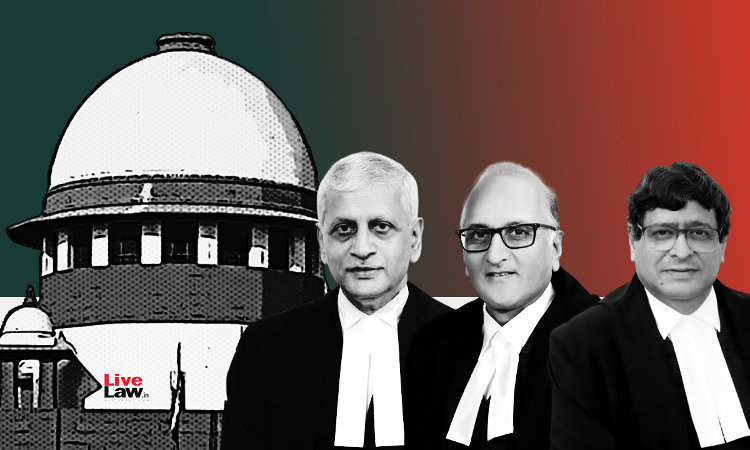Is Same Day Sentencing In Death Penalty Cases Proper? Supreme Court Refers Issue To Larger Bench
Padmakshi Sharma
19 Sept 2022 9:23 PM IST

Next Story
19 Sept 2022 9:23 PM IST
The Supreme Court on Monday referred to a 5-judge bench the issue relating to hearing the accused before imposing the death penalty on him. A bench comprising Chief Justice of India UU Lalit, Justices S Ravindra Bhat and Sudhanshu Dhulia noted that there were conflicting judgments regarding the grant of hearing to an accused before imposing death sentence on him. The court noted that in...
